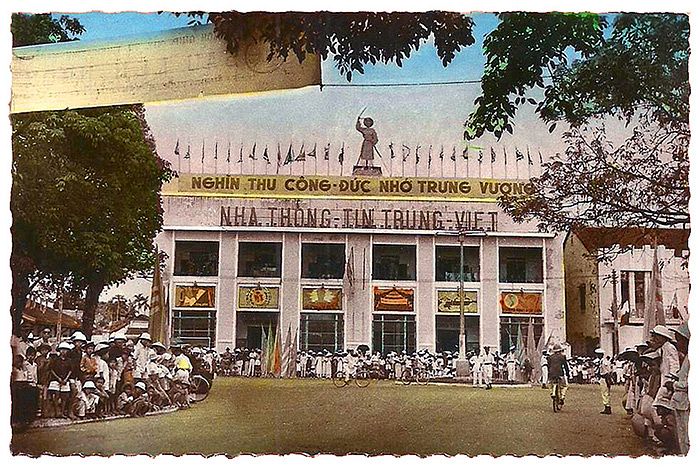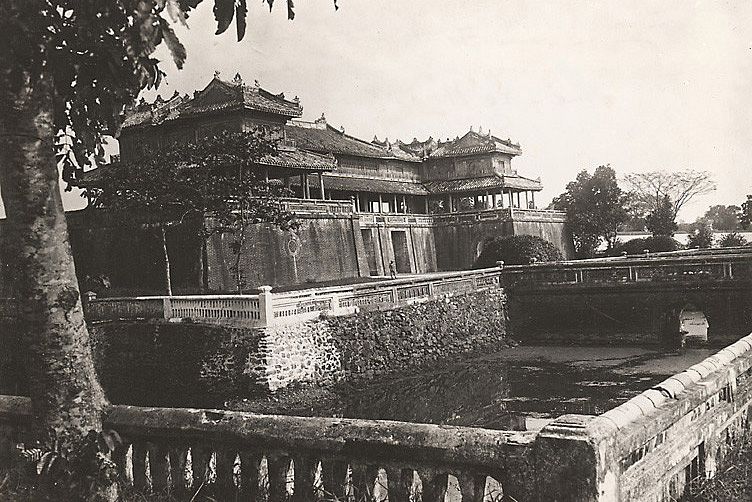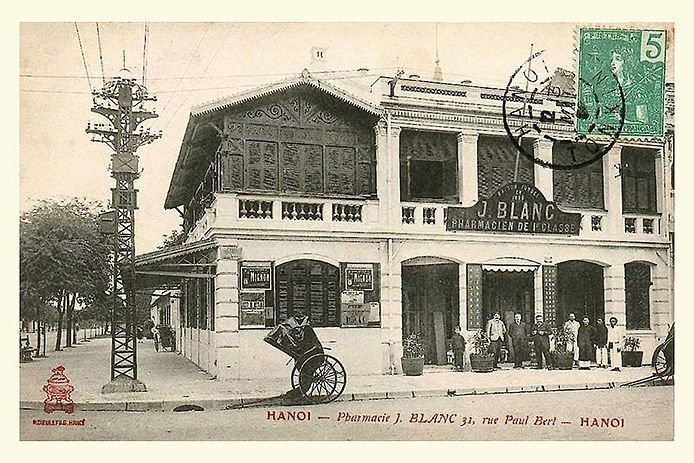During the last decade of the 19th century, French colonists occupying northern Vietnam (then Tonkin) decided to conduct a census survey on the region’s ethnic minorities. The first convoys reached Lao Cai Province in 1898, and in 1903, Sapa Village was put on the map of Vietnam for the first time.
The name Sapa comes from two words, “Sa Pả” of the Hmong language; for much of the time when the French were here, the tiny town was known by the title Chapa, according to how the Romance language pronounces the Hmong name.
These black-and-white photos, taken almost a century ago, capture the decade when the nascent imprint of tourism started affecting Sapa. In 1917, a tourism center was founded there, a harbinger for the town’s future as a traveler hot spot. The first hotel, the Hotel du Fansipan, was established on the town’s main road, and a few others were under construction. In 1920, the Hanoi–Lao Cai railway became a reality, and hundreds of vacation villas were peppered across town.


Old maps showing the town in 1926.
Sapa and Lao Cai have long been the home of a handful of ethnic minorities, including Hmong, Dao, Phu La and Giay. From the 1980s, the mountainous town started seeing an increase in the Kinh population, who arrived to make a living doing small-scale agriculture and tourism services. As is the case with any tourism destination in Vietnam, Sapa faces the threat of unbridled, unsustainable urbanization brought about by the tourism industry.
Last year, Lao Cai officials expressed interest in building an airport for Sapa, the first phase of which would be capable of getting 560,000 guests into town per year.










The bustling activities of a market session by local ethnic minorities.

Hotel du Fansipan on the main road across town.












An expansive hotel compound under construction.

The office of the Stein Company, which operated transportation service in and out of Lao Cai for French colonists.




[Photos via Flickr user manhhai]














